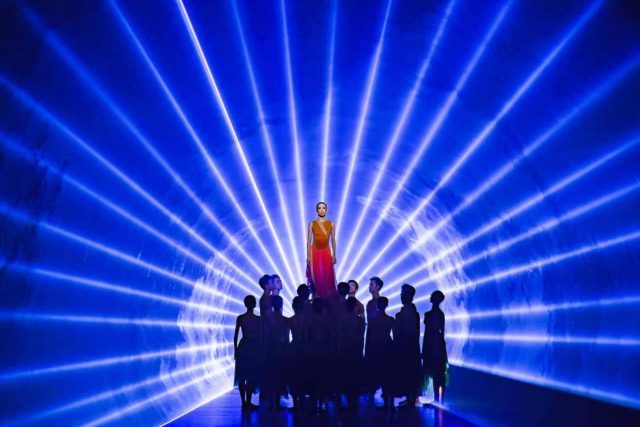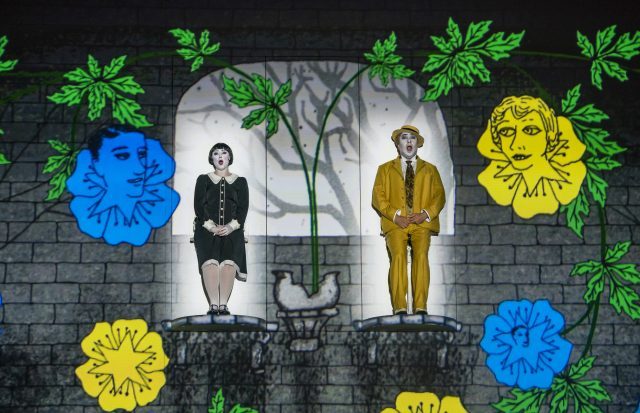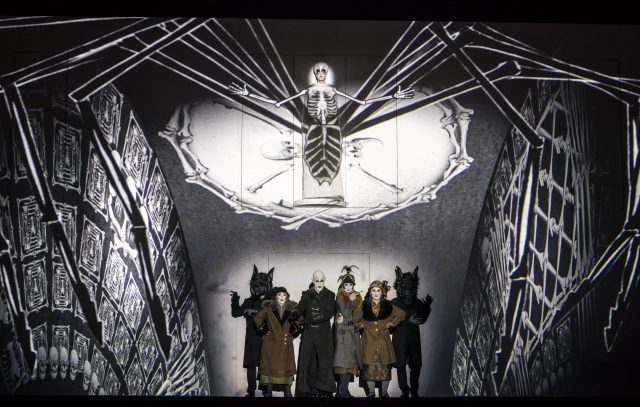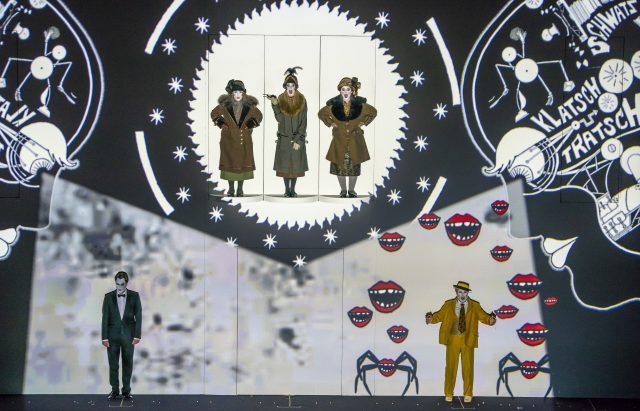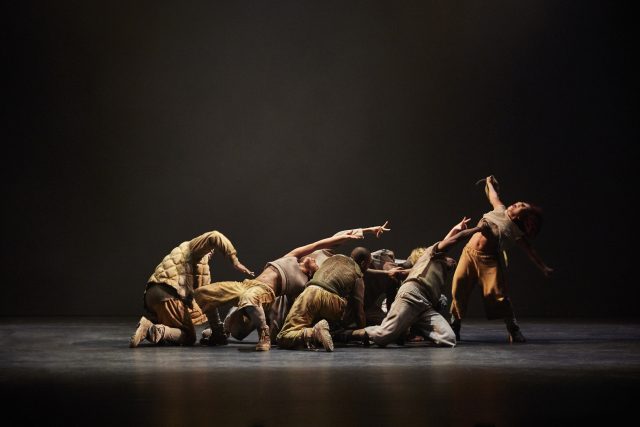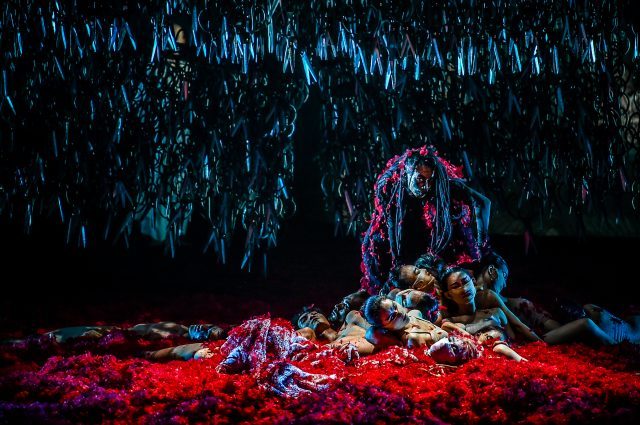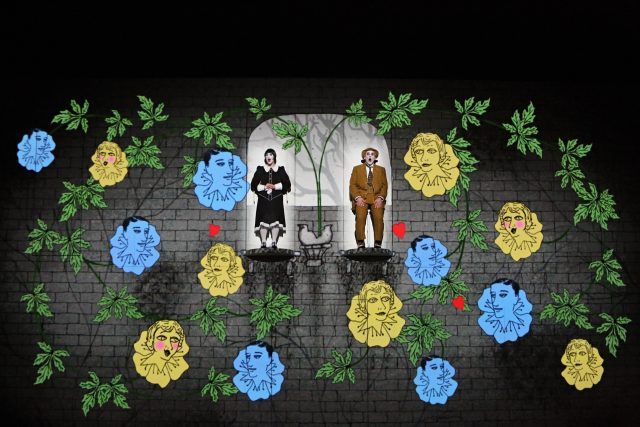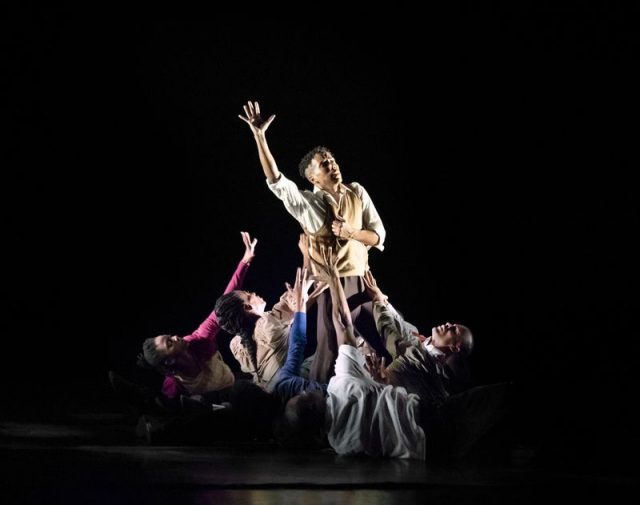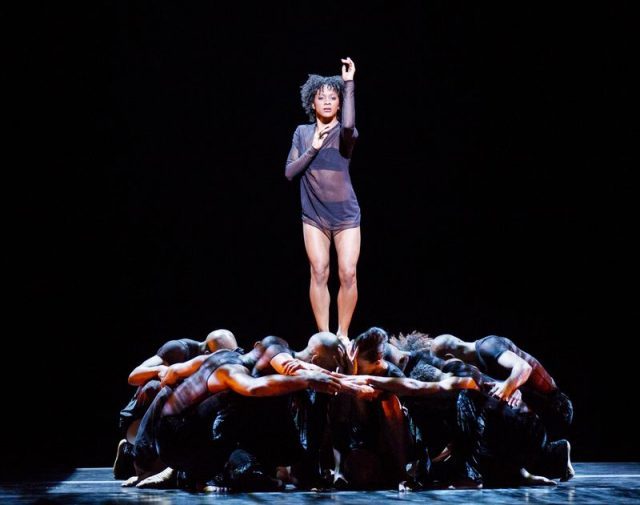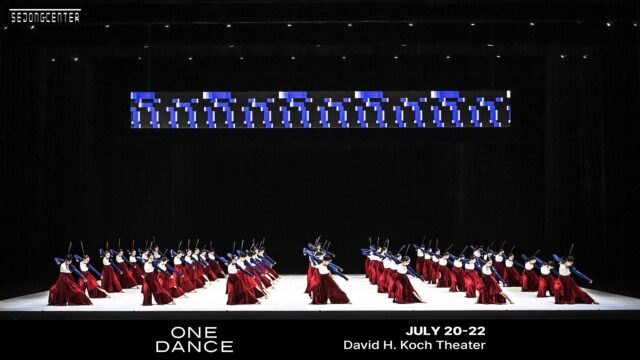
SUMMER FOR THE CITY AT LINCOLN CENTER: ONE DANCE
David H. Koch Theater at Lincoln Center for the Performing Arts
20 Lincoln Center Plaza
July 20-22, $24-$190 (use code KCCNYOD for 20% discount)
Korean Arts Week runs July 19-22, free
www.davidhkochtheater.com
www.lincolncenter.org
“All on the same line, in the same shape, with the same heart, it’s a heartfelt piece that brings us together,” Seoul Metropolitan Dance Theatre artistic director and choreographer Hyejin Jung says in a promotional video for One Dance (Il-mu), making its North American premiere at the David H. Koch Theater during Korean Arts Week, part of Lincoln Center’s Summer for the City program. The four-act, seventy-minute work, which melds traditional and contemporary Korean dance in stunning re-creations, debuted in May 2022 at the Sejong Grand Theater in Seoul.
One Dance is choreographed by Jung, Sung Hoon Kim, and Jae Duk Kim, with music by Jae Duk Kim and mise-en-scène by Ku-ho Jung, incorporating dazzling costumes and such props as bamboo sticks, swords, poles, and ritual objects. “I don’t think the beauty of Korea is an intricate technique but rather a symbolism of emptiness and abundance,” Ku-ho Jung explains in the video. “It’s really important to show the symbolism of the nuances. In fact, the process of staging One Dance was to show the Korean nuances by emptying out a lot of the material and focusing on the moves.”
One Dance is divided into four sections — “Munmu”/“Mumu,” “Chunaengmu,” “Jungmu,” and “New Ilmu” — with fifty-four dancers paying homage to courtly processions, ancient martial arts traditions, and contemporary styles through movement, music, and song. Ticket prices begin at $24; you can use code KCCNYOD for a 20% discount.
Korean Arts Week runs July 19-22 and also includes a bevy of free events: the digital artwork WAVE by d’strict, a K-Lit symposium, a family-friendly showcase by KTMDC Dance Company, Musical Theatre Storytime with KPOP composer Helen Park, silent discos with BIAS NYC and DJ Peach, a guided meditation set to Korean traditional music, a screening of Bong Joon Ho’s horror favorite The Host, and concerts by Crying Nut, Say Sue Me, Yerin Baek, Dongyang Gozupa, and Gray by Silver.

